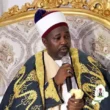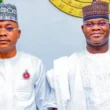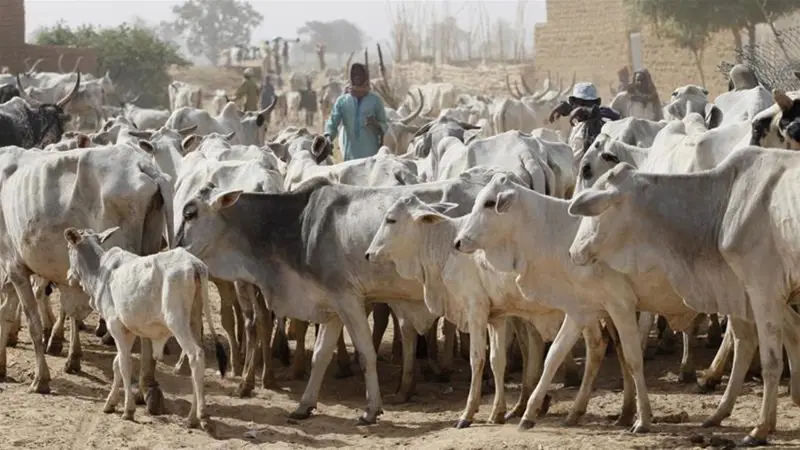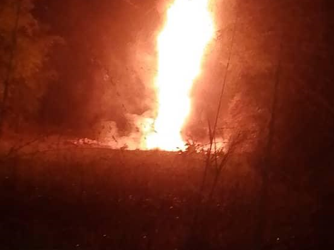The Minister of Livestock Development, Idi Muktar Maiha, has assured that the federal government is working to address the root causes of ongoing farmer-herder conflicts in Nigeria.
Speaking at a workshop held on Wednesday in Abuja, Maiha—represented by his Special Assistant, Saleh Momale—explained that the ministry, though recently established, is actively developing strategies to bring lasting solutions to the persistent clashes between farmers and herders.
The workshop, organized by the Fulbe Development and Cultural Organisation in collaboration with the Centre for Population and Environmental Development, focused on research findings related to gender, conflict, and pastoralism.
Maiha noted that the ministry’s approach to resolving these conflicts involves close collaboration with state and local governments, traditional leaders, civil society organizations, and international development partners. He further highlighted that one of the core pillars of the ministry’s strategy is the promotion of peace and social cohesion across the country.
“The Federal Ministry of Livestock Development is just a few months old,” Maiha stated. “At the moment, the strategic framework for interventions and activities of the ministry is being put in place. One of the pillars is peacebuilding and the promotion of social cohesion.”
According to Maiha, the ministry’s framework includes plans to foster cooperation between agricultural and livestock-producing communities by ensuring better resource utilization and the provision of essential services like feed, healthcare, and education. He emphasized that these efforts will encourage sustainable economic models that drive transformation and peaceful coexistence.
In addition, Maiha expressed his satisfaction with the growing interest in livestock development from both state governments and private sector stakeholders. “We are happy with the progress so far and are optimistic that our stakeholders and citizens will continue to key into these reforms,” he said.
During the workshop, Rukkaiyatu Ribadu, the Special Assistant to the President on Women Affairs, also commented on the government’s efforts. She emphasized the federal government’s commitment to resettling pastoralists, which includes providing land, education, healthcare, and other essential services to the pastoral communities.
“It will take time, obviously. You can’t have it resolved overnight. The ministry is quite new, and the minister is doing all he can, as instructed by the President, to do whatever it takes to resolve these clashes,” Ribadu said.
She also underscored the importance of strategic media engagement and public advocacy in supporting the reforms. “I think the missing link we’re looking at here is advocacy and sensitization,” Ribadu explained. “Our investment in the media should highlight the positive outcomes of these policies and counter negative narratives.”
Furthermore, Ribadu stressed the need to include women and girls in conflict resolution efforts, pointing out that their voices and experiences are often overlooked in these discussions. “We primarily look at the farmer-herder conflict from the perspective of male fighters, ignoring the fact that females—women and girls—are also affected,” she noted.
Professor Bashir Haruna, the Executive Secretary of the National Commission for Nomadic Education, spoke about the vital role of education in promoting peace among pastoralist communities. He shared that nomadic literacy rates have increased from less than 1% to 19% over the past 35 years, with over 1.5 million nomadic children now enrolled in schools.
To further improve communication, Haruna revealed that the commission plans to launch a nationwide AM radio station. This initiative aims to reach the highly mobile pastoralist communities, who rely heavily on radio for information. The station will cover Nigeria and parts of neighboring countries, ensuring that pastoralists are informed and included in national development.
“This is how we will reach our constantly mobile clientele,” Haruna explained. “The station will cover Nigeria and parts of neighboring countries, ensuring pastoralists are informed and included in national development.”










